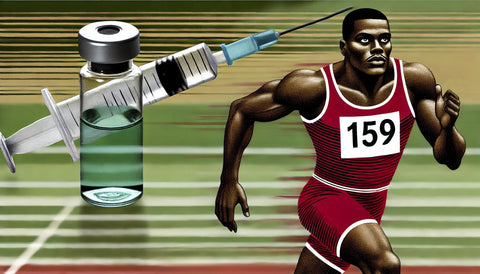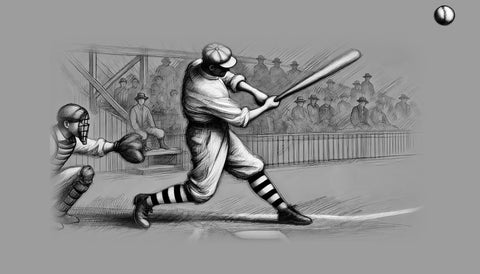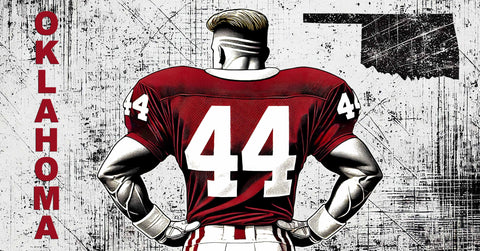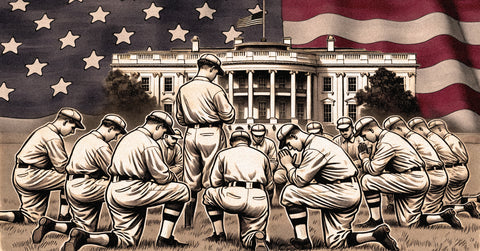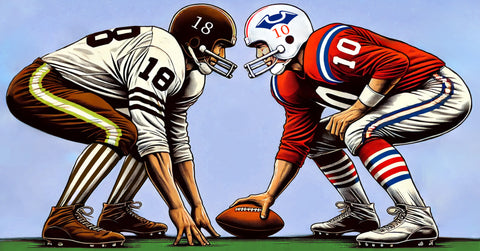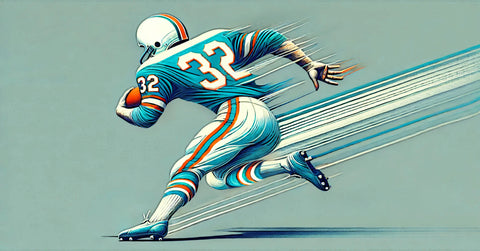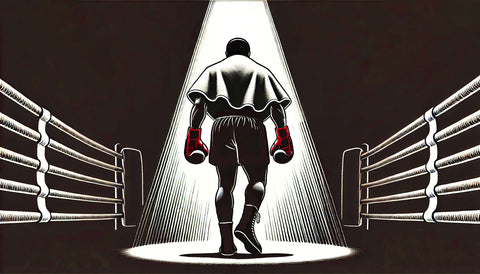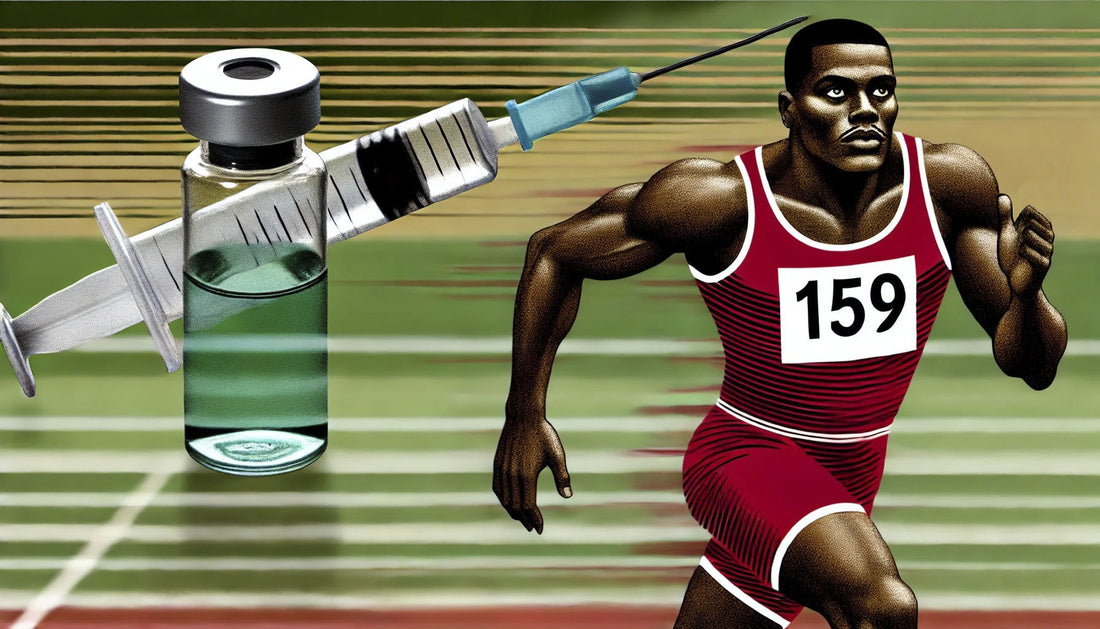
September 27, 1988: The Fall of a Champion - Ben Johnson, Steroids, and the 1988 Olympic Scandal
Share
On this day in 1988, one of the most shocking moments in Olympic history unfolded when Canadian sprinter Ben Johnson was stripped of his gold medal. Just three days earlier, Johnson had made headlines by winning the 100-meter dash at the Seoul Olympics, setting a new world record with an astonishing time of 9.79 seconds. His performance cemented him as the fastest man on Earth and made him a national hero.
However, the celebration was short-lived. In the days following the race, it was revealed that Johnson had tested positive for stanozolol, an anabolic steroid. The news sent shockwaves through the sporting world. Johnson’s world record was erased, and the gold medal was awarded to his rival, American sprinter Carl Lewis, who had finished second in the race. Johnson's bronze medal from the 1984 Los Angeles Olympics was also in question, though it was ultimately retained.
The fallout from the scandal was immense. Johnson became a symbol of the dark side of elite competition and the lengths athletes were willing to go in order to win. The event also shed a spotlight on the growing issue of performance-enhancing drugs in sports, pushing for stricter regulations and more robust testing programs.
Despite his subsequent attempts to redeem his career, Johnson never regained the glory he once held. His story remains a cautionary tale about the consequences of doping in sports.
Ben Johnson’s disqualification marked a turning point for the Olympic Games, as it forced the international sports community to take a harder stance on drug testing and maintaining the integrity of competition. Even today, his name is often invoked in discussions about doping scandals and the challenges faced in keeping sports clean.





